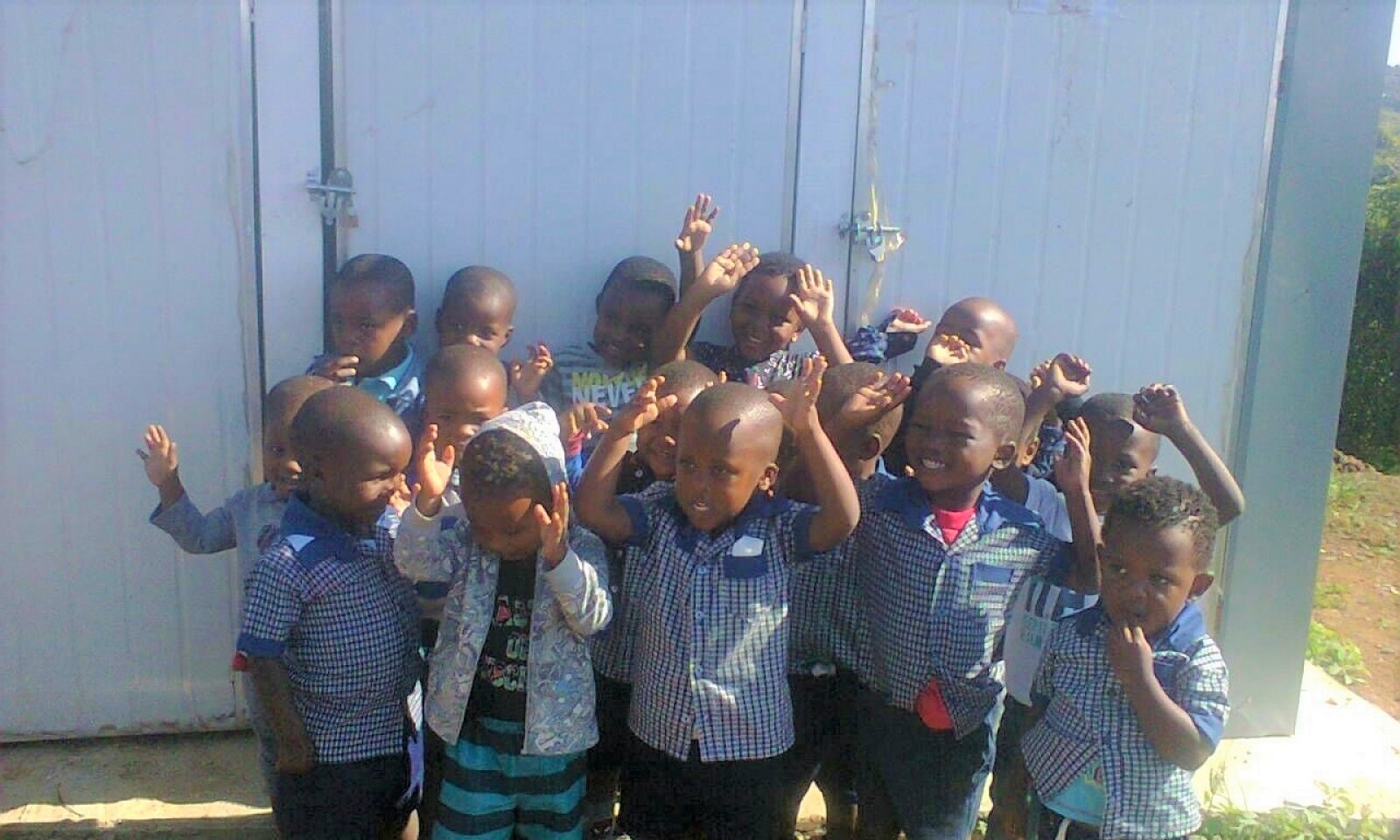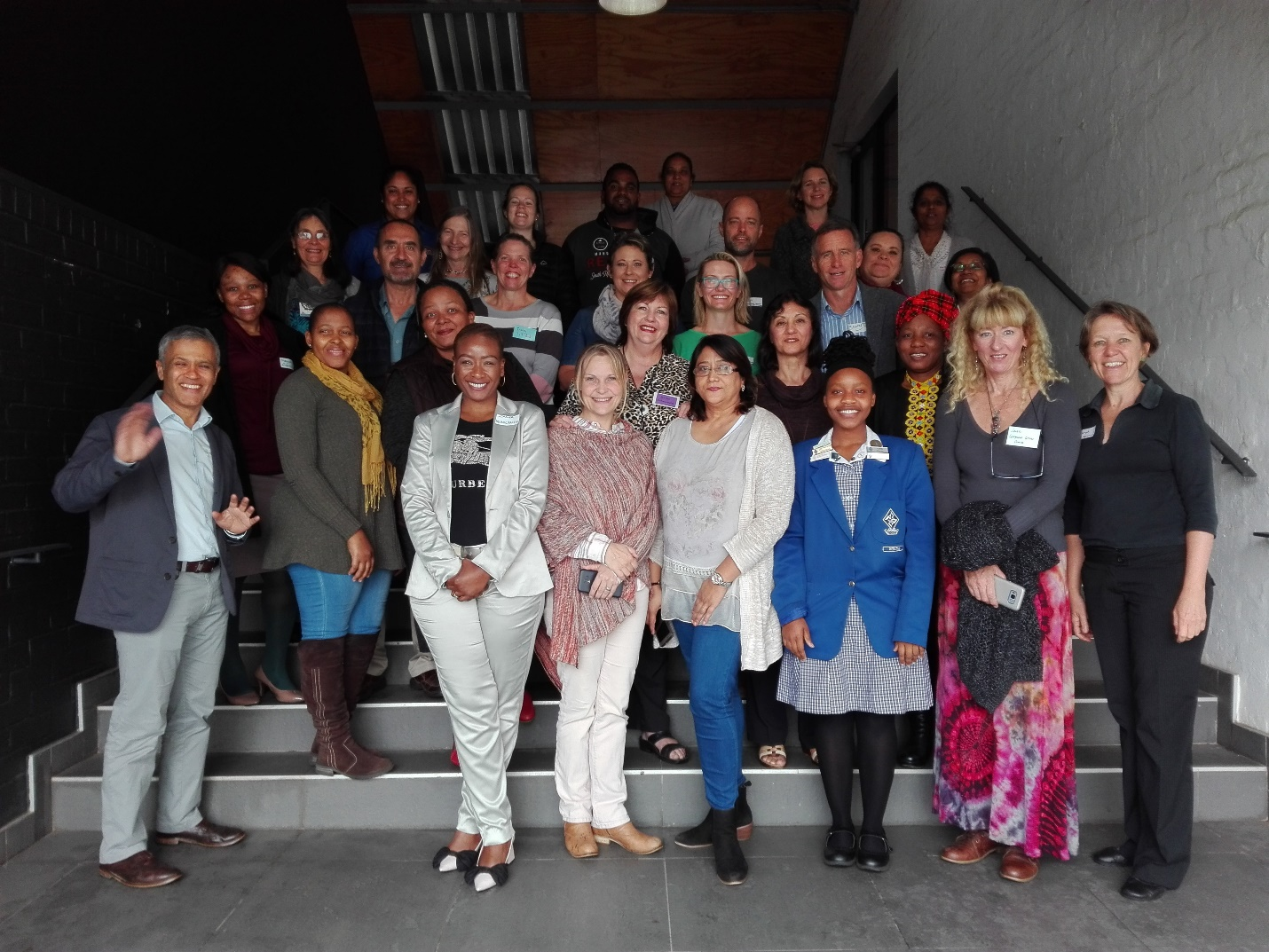Bioregional South Africa
Bioregional South Africa provides a range of advisory services to businesses, schools, civil society groups and other organisations that complement and support the One Planet Living framework, including:
- Sustainability analysis - we work with partners to understand their environmental impact and carry out gap analyses in the process of co-creating sustainability action plans.
- Future visioning and trends analysis - we run workshops to envisage the sustainable future our partners want and establish what needs to be done to achieve this.
- Review of indicators, metrics, and benchmarks – we measure our partners’ progress in a systematic, transparent and accurate way to bring tangibility and accountability to the planning process.
- Project management – we can apply the One Planet Living framework to structure management of projects from conceptualisation through to end-stage, overseeing budgets, staff, work optimization and reporting.
- Advisory input – we act as sustainability consultants on project teams and for civil society organisations e.g. on the Green Economy workstream of eThekwini’s Economic Council.

Bioregional has worked in South Africa since 2002 when, at the UN World Summit on Sustainable Development, we supported Johannesburg EcoCity Trust in creating a demonstration of eco-houses and a community centre in Ivory Park Township.
In 2005, the first One Planet Living workshop was held at the Development Bank of South Africa in Johannesburg, with further workshops held over the years for the City of Cape Town, Tongaat Hulett Developments in Durban, The Natural Step, the South African Cities Network, the Joburg Property Company and UKZN’s School of Civil Engineering.
In 2010, Bioregional South Africa was officially founded as an environmental trust and public benefit organisation.
Planning consultancy

Bioregional South Africa provided input to the Functional Area and Precinct plans for the Florida and Davenport roads in the Berea, recommending One Planet Living as the sustainability framework.
In 2010, we worked with Tongaat Hulett Developments, its consultants and eThekwini municipality to apply the 10 One Planet Living principles to the proposed Sibaya Precinct development north of Umhlanga in Durban. We helped to create an overarching strategy for the entire 850-hectare site including 6,000 homes, six hotels, and commercial space.
More recently, Bioregional South Africa sat on the Advisory Panel for the three-year ISULabaNtu project, run by UKZN, which sought to support informal settlement communities by strengthening their capacity to guide urban development themselves.
Collaborative partnerships

Durban Climate Change Partnership
Waterloo Entrepreneurial Development Programme (WEDP)
Bhekameva Creche Refurbishment Project, Inanda
One Planet Cities Project
Current work

Bioregional South Africa has been supporting the Sisonke (meaning ‘we are together’) Durban Garden behind the Elangeni Hotel, which was founded by men experiencing homelessness during lockdown. Bioregional employed a permaculture mentor for five months to train and mentor those men interested in growing food.
Bioregional has also started a pilot Bokashi composting project using food waste from the hotel to create onsite compost for Sisonke Durban Garden. The aim is to close the loop, with nearby hotels and restaurants buying back the vegetables to create a circular economy. There is an opportunity to grow the Bokashi project to be replicated elsewhere in Durban and also to form a network of urban gardens.
Bioregional has facilitated the collaboration of stakeholders on this project, working with the municipality and the private sector, brokering donations from supporting organisations such as the Durban Botanic Gardens. Most recently, we have formed a relationship with Durban University of Technology's Department of Horticulture, which has placed four students onsite as part of their final year work experience.
Local and sustainable food, equity and local economy, and sustainable water are just some of the One Planet Living principles that are being demonstrated by this project, contributing to the bigger sustainability plan for Durban. Contributions are also being made to the targets of the City’s Integrated Development and Climate Action Plans.
Telephone: +27 (0) 84 497 1661
Email: sarah.alsen@bioregional.com
Bioregional South Africa was founded in 2010 and is an environmental Trust (reg. no: IT1413/2008) and a registered Non-Profit organisation (reg. no: 096-221). It is also a Public Benefit Organisation with the Tax Exemption Unit of SARS (reg. no: 930029973).









